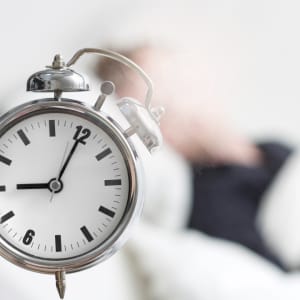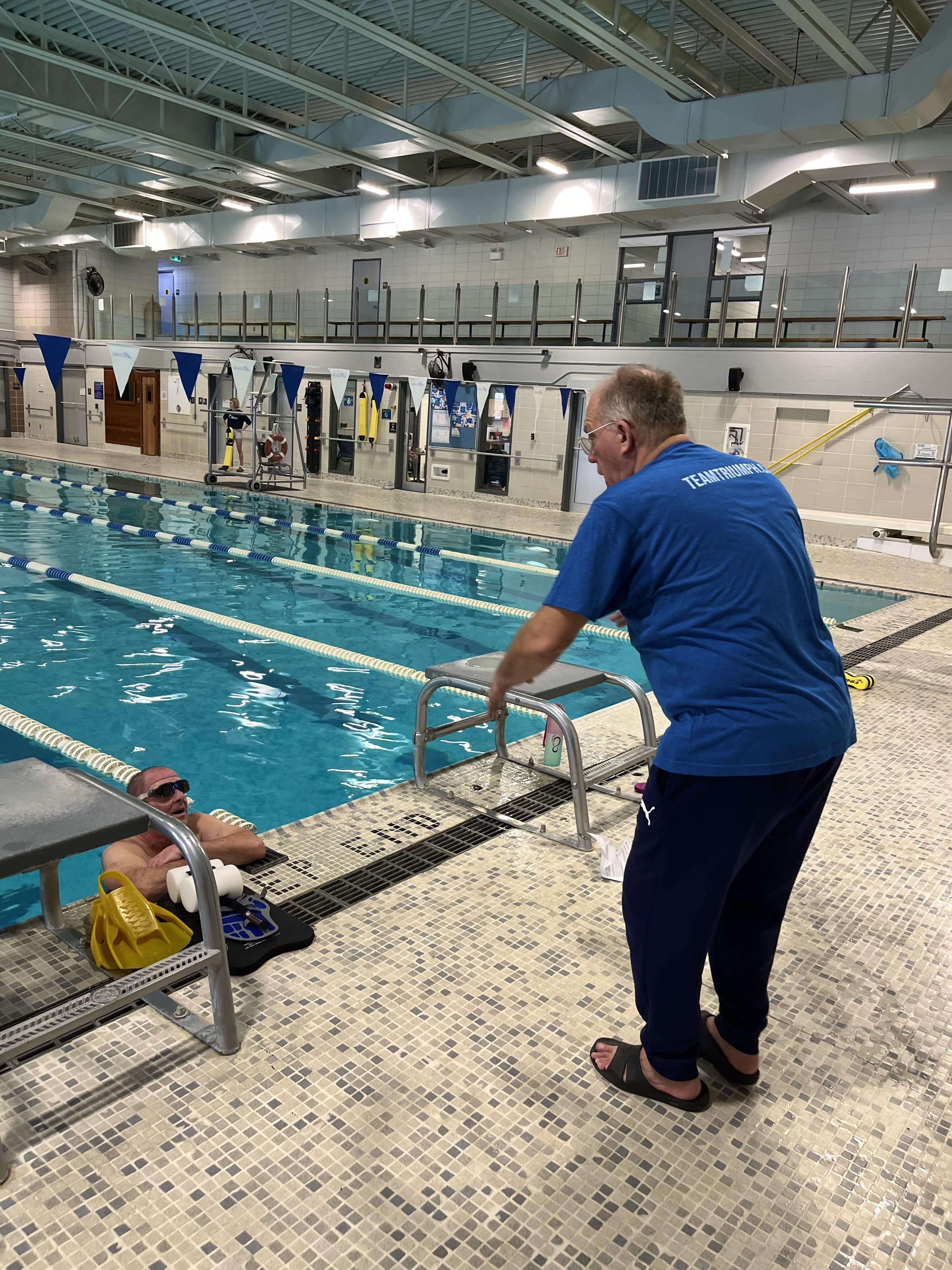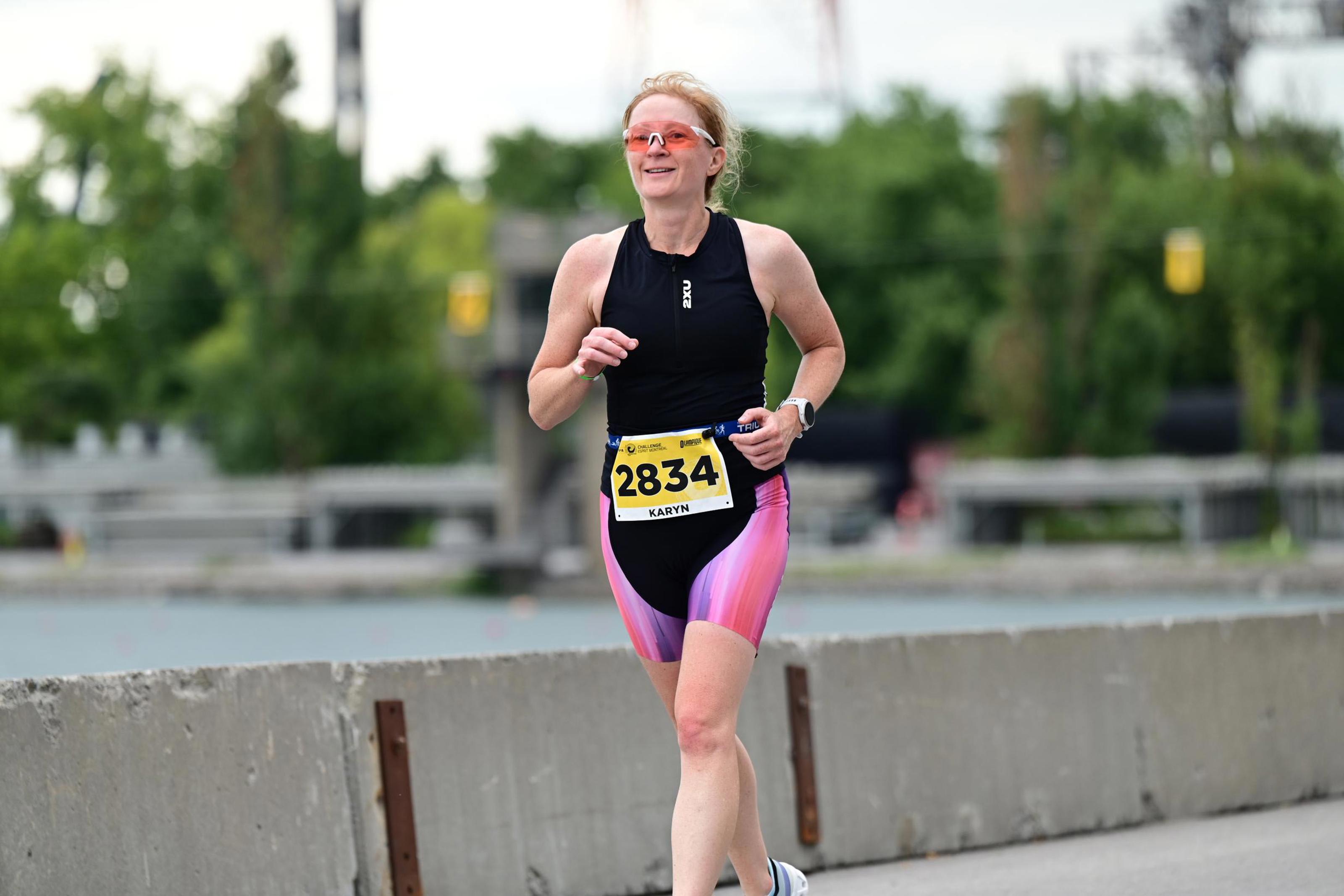
In the pursuit of triathlon excellence, athletes often focus on training intensity, nutrition, and recovery techniques. However, one crucial element that is sometimes overlooked is sleep. Quality sleep plays a vital role in optimizing training adaptations, enhancing recovery, and maximizing performance in triathlon. Understanding how sleep affects your body and implementing strategies to prioritize restorative sleep can be a game-changer in your triathlon journey.
The Importance of Sleep in Triathlon:
Physical Recovery: During sleep, the body undergoes essential repair processes, including muscle tissue regeneration, hormone regulation, and glycogen replenishment. Adequate sleep supports optimal recovery from training sessions, reducing the risk of overuse injuries and promoting muscle growth and repair.
Mental Restoration: Sleep is crucial for cognitive function, memory consolidation, and emotional regulation. Quality sleep enhances focus, decision-making, and mood stability, all of which are essential for effective training and race performance.
Hormonal Balance: Sleep plays a significant role in regulating hormone levels, including cortisol, growth hormone, and testosterone. Disrupted sleep patterns can lead to imbalances in these hormones, affecting metabolism, muscle repair, and recovery processes.
Immune Function: Adequate sleep strengthens the immune system, reducing the risk of illnesses and infections. Triathletes are exposed to various stressors that can compromise immune function, making quality sleep essential for maintaining overall health and training consistency.
Performance Optimization: Sleep deprivation has been shown to impair endurance performance, reaction times, and decision-making abilities. Prioritizing sleep can enhance athletic performance, increase training efficiency, and improve race outcomes.
Strategies for Better Sleep in Triathlon:
Establish a Consistent Sleep Schedule: Aim for 7-9 hours of sleep per night and maintain a consistent sleep-wake cycle, even on weekends. Establishing a bedtime routine can signal to your body that it's time to wind down and prepare for sleep.
Create a Sleep-Friendly Environment: Optimize your sleep environment by keeping your bedroom cool, dark, and quiet. Invest in a comfortable mattress and pillows, and minimize exposure to electronic devices before bedtime to reduce blue light exposure.
Prioritize Sleep Hygiene: Practice good sleep hygiene habits, such as avoiding caffeine and heavy meals close to bedtime, limiting alcohol consumption, and engaging in relaxation techniques like deep breathing or meditation to promote sleep onset.
Monitor and Manage Stress: Stress can disrupt sleep patterns and negatively impact recovery. Implement stress management strategies like journaling, mindfulness, or gentle exercise to reduce stress levels and promote relaxation before bedtime.
Listen to Your Body: Pay attention to signs of sleep deprivation, such as daytime fatigue, irritability, or difficulty concentrating. Adjust your training schedule or workload if necessary to prioritize sleep and ensure adequate recovery.
Seek Professional Help if Needed: If you struggle with chronic sleep issues or sleep disorders like insomnia or sleep apnea, consult a healthcare professional for evaluation and treatment options. Addressing underlying sleep issues is essential for long-term health and performance.
Quality sleep is a powerful yet often overlooked tool in the triathlete's toolkit. By recognizing the critical role of sleep in training adaptation, recovery, and performance optimization, athletes can prioritize restorative sleep as an integral part of their training regimen. Whether you're aiming for a podium finish or simply striving to be the best version of yourself, investing in quality sleep can be the secret weapon that propels you towards your triathlon goals.
Julia Aimers
CSEP Clinical Exercise Physiologist
CSEP High-Performance Specialist
Certified Triathlon, Cycling, Yoga and Swimming Coach
USA Cycling Level 2 Coach
Training Peaks Accredited Coach

I would highly recommended Eric and Team Triumph!
Ian Ross

A year ago I could only tread water and had not run since childhood. With the amazing Virtual Olympic course, support, guidance, and tips from of all the folks at Team Triumph I've ended the season with my first Olympic distance triathlon under my belt and am hooked! Really looking forward to the 2025 season and even to the hard work over the winter to prepare. Karen Houle

I wanted to let you know that the Perth triathlon was a great experience, I somehow placed third in my age group! What a supportive group of participants (including Team Triumph athletes), cheering bystanders and volunteers.
Thanks to your swim lessons, I learned the technical basics and gained confidence to get back in the pool after decades. And it was really special doing this with Ann Laidlaw, my bestie for many years. We did a couple of additional swims with Kevin and Team Triumph people, also a great way to continue learning and practicing good technical form.
I will continue with lane swimming and who knows, maybe there's another triathlon in my future!